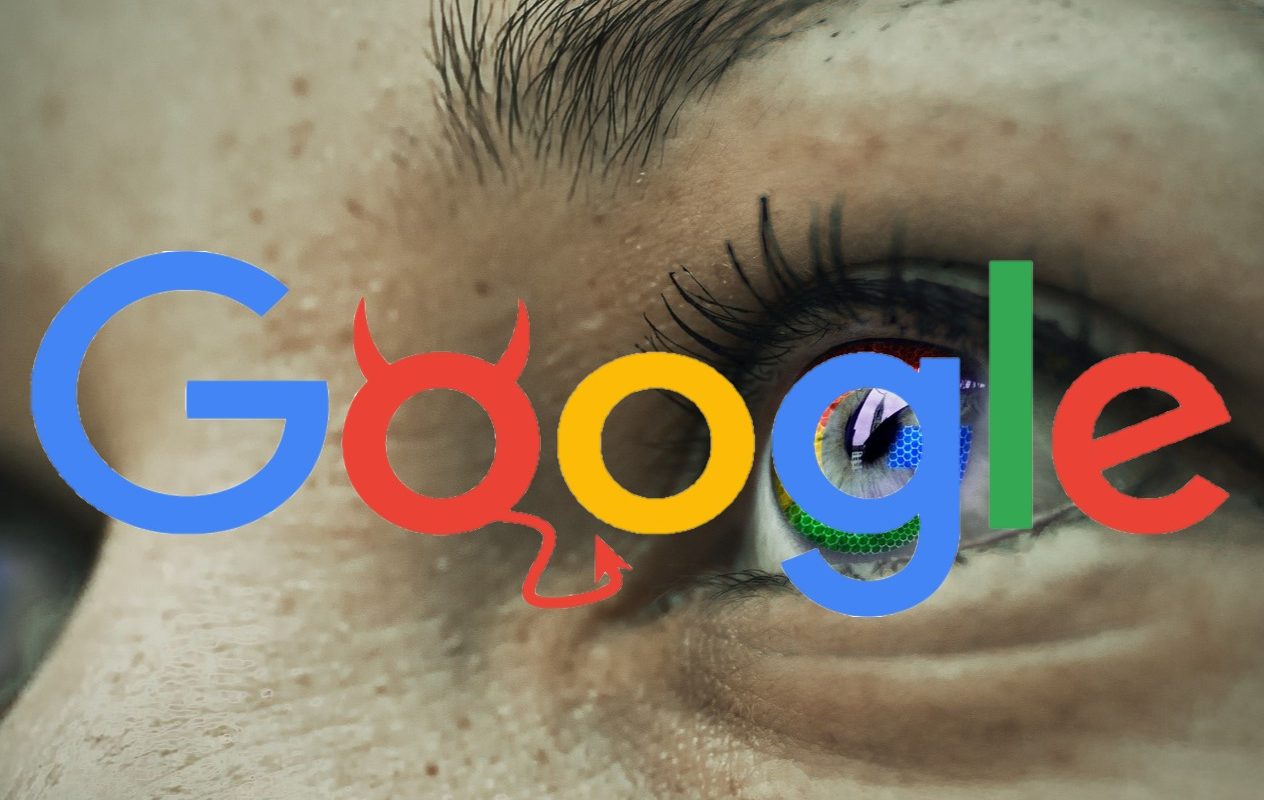I’m pretty old in internet years; so old, in fact, that I remember the glee surrounding Google’s motto when it first came out.
Google was a big company on its way to becoming a very big company, and they were promising to be a different kind of very big company. Different, that is, from the conventional wisdom about what corporations are: rapacious, soul-killing, profit machines that would grind your grandmother into a fine powder to make one extra dollar.
And Google expressed their distinction with a simple motto, “Don’t be evil.”
It is hard to overstate the delight with which this short tagline was received by progressive computer nerds everywhere. Google was held up as a shining example of what a technology company should be, and as a contrast to other companies that clearly were evil (i.e., Microsoft, which, in fairness, is pretty evil, as anybody who’s had to work with Clippy will tell you).
And Google did seem very different. They changed the way people sifted through the ever-expanding avalanche of information on the internet. They constantly made leaps of innovation — and they constantly labeled everything “Beta” to make sure you knew they were leaping. Best of all, they didn’t charge filthy money for their products; they gave them away for free! All they asked was to show you a few ads here and there.
With the advent of “Don’t be evil” as their motto, Google explicitly staked a claim to being different, and superior, not just technologically, but morally.
The unspoken assumption behind that claim was that everyone knew and understood what was meant by the word “evil.” But that assumption is looking shakier by the day.
Google’s very business model is based on creepily tracking everything you do. They may well be eavesdropping on your conversations. They have no problem with quashing opinions they don’t like, including those of their own employees.
Google removed the “Don’t be evil” motto from their code of conduct in 2018, but they were what they were long before that. It’s not because they consciously decided to reverse course, and, twirling their mustache Snidely Whiplash-style, embrace evil. It’s because they exist in a culture where the word “evil” doesn’t have any meaning in the first place.
In order for anybody in a society to be good, or at least not evil, that society has to have a baseline standard for morality — an unchanging, unassailable standard that exists outside of the ebb and flow of popular opinion. Many societies in the past have referred to this standard as “God.”
But in case you’ve been watching a different game for the last fifty or sixty years, this society has taken the idea of an eternal moral standard and treated it the way a baby treats a diaper. Individual fulfillment is now the greatest good, so no one even wants a moral standard for fear that it might at some point be imposed on him. Public morality, such as it is, now ends up being whatever the loudest or most intransigent parts of society think it should be today.
In that environment, writing down the phrase “Don’t be evil” and expecting it to have any significant meaning from one day to the next is borderline insanity. The word “evil” is still used, but it’s used (as Google indeed used it) as a marketing term, something you say about your competition in a commercial, like “cut-rate,” “shoddy,” or “Pepsi.”
In a world without an eternal moral center that exists outside of us, we will never define the things that we want as evil. In that world, evil just means: “that which is done by people we don’t like.” Google likes Google, so whatever Google does, it must not be evil.
So remember, the next time you hear about Google doing something that might rightly be characterized as “evil” — manipulating the news or crushing ideological opponents or such — it’s not their fault for doing what they do; it’s our fault for thinking it could ever be any different. If we honored God’s standards, no one would try to distinguish himself by saying, “Don’t be evil”; that would just be a given.
The mere fact that someone thinks the motto “Don’t be evil” sets him apart from the culture means that culture isn’t honoring God’s standards to begin with, and so the words don’t mean anything anyway.
This article was contributed by Jason Anderson. He is the creator of the blog The Cynical Christian, a contributor to The Federalist, and author of the book Zero-Budget Christmas: The Almost Entirely True Story of Our Quest to Do Our Christmas Shopping Without Spending Any Money.
CLICK HERE for more great op-ed from The Petty Prophet!




